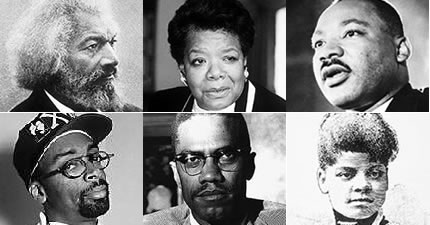Mark your calendars Ladies and Gents, it’s officially Black History Month.
Black History Month takes place every year during the month of February. It is a month dedicated to the remembrance and achievements of the people and events in the African American community.

However, this month holds some very contradicting notions.
JUST a month?
As the the tradition of Black History Month progressed, many people questioned why Black History Month is constricted to only one month and the shortest month at that?
Actually, Black History Month first emerged in the mid 1920’s during a week called Negro Week.
African-American historian, Dr. Carter G. Woodson, started Negro History Week as a way to get other African Americans to learn about their cultural background and their black history.
The first week of February was dedicated to Negro Week because both Abraham Lincoln and Fredrick Douglass both shared their birthdays that week.
The first Negro History Week was a success and made many people, both black and white, demand more lore of the African American history. People were interested and learning and understanding more not only about their own heritages, but the histories of others as well.
So how did we go from a week to a month?
By the early 1970s, because of society’s ever-changing jargon, Negro History Week evolved into Black History week. By the mid 1970s, Black History Week was extended to an entire month.
Controversy about one history.
Today, some people question the existence of Black History Month stating that it’s useless to dedicate a month to a single race.
It’s been said that black history is simply American history.
Whether black history is promoted for a week or month out of the year, As Americans, it’s important that we remember to emphasize black history in educational institutions like any other history we pride ourselves in.


